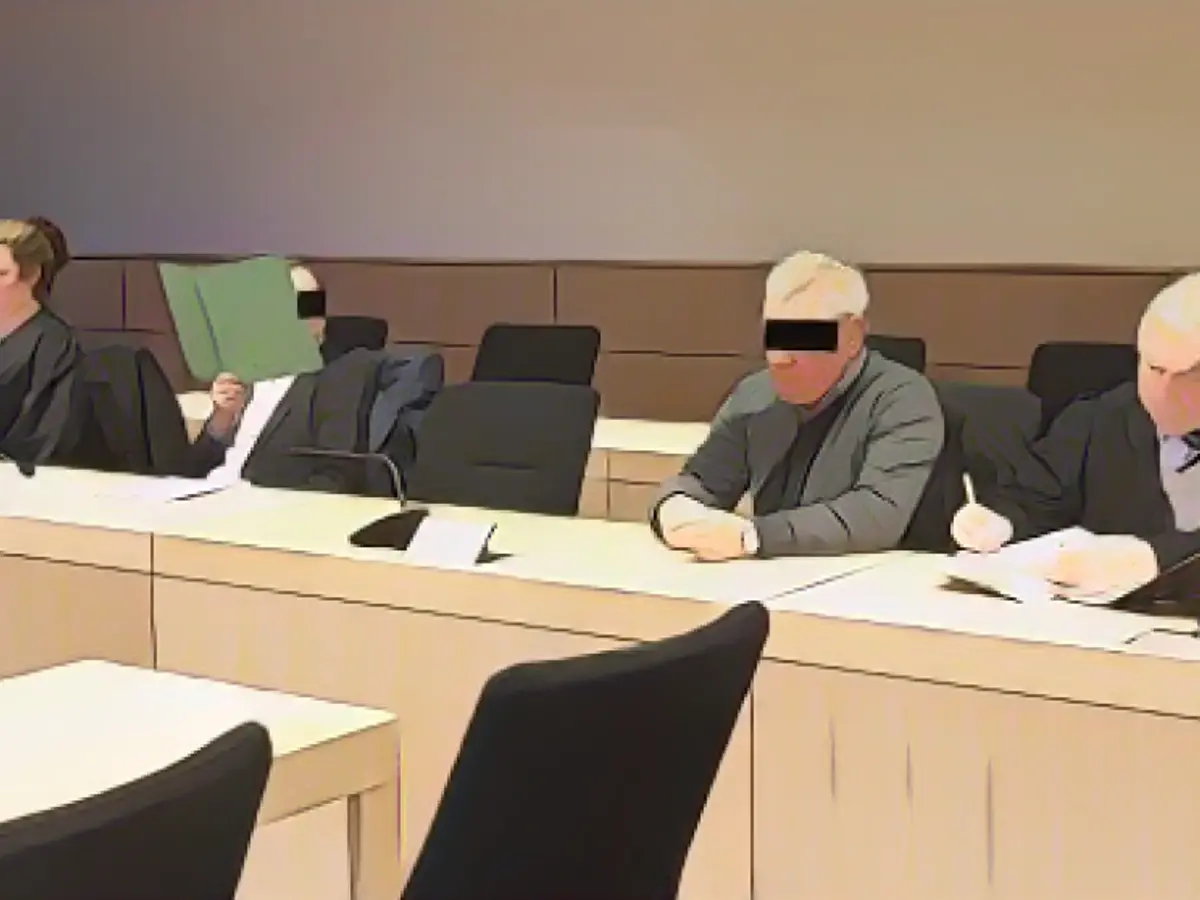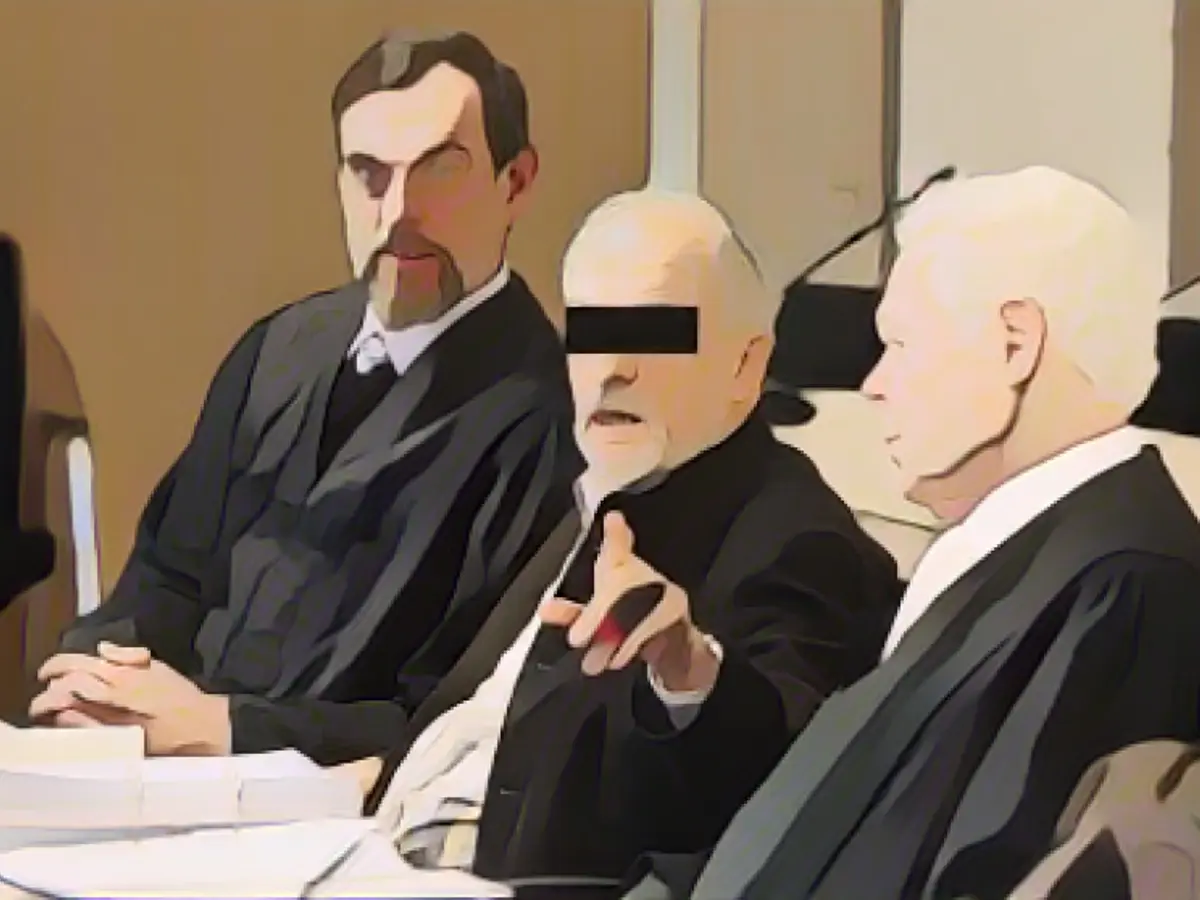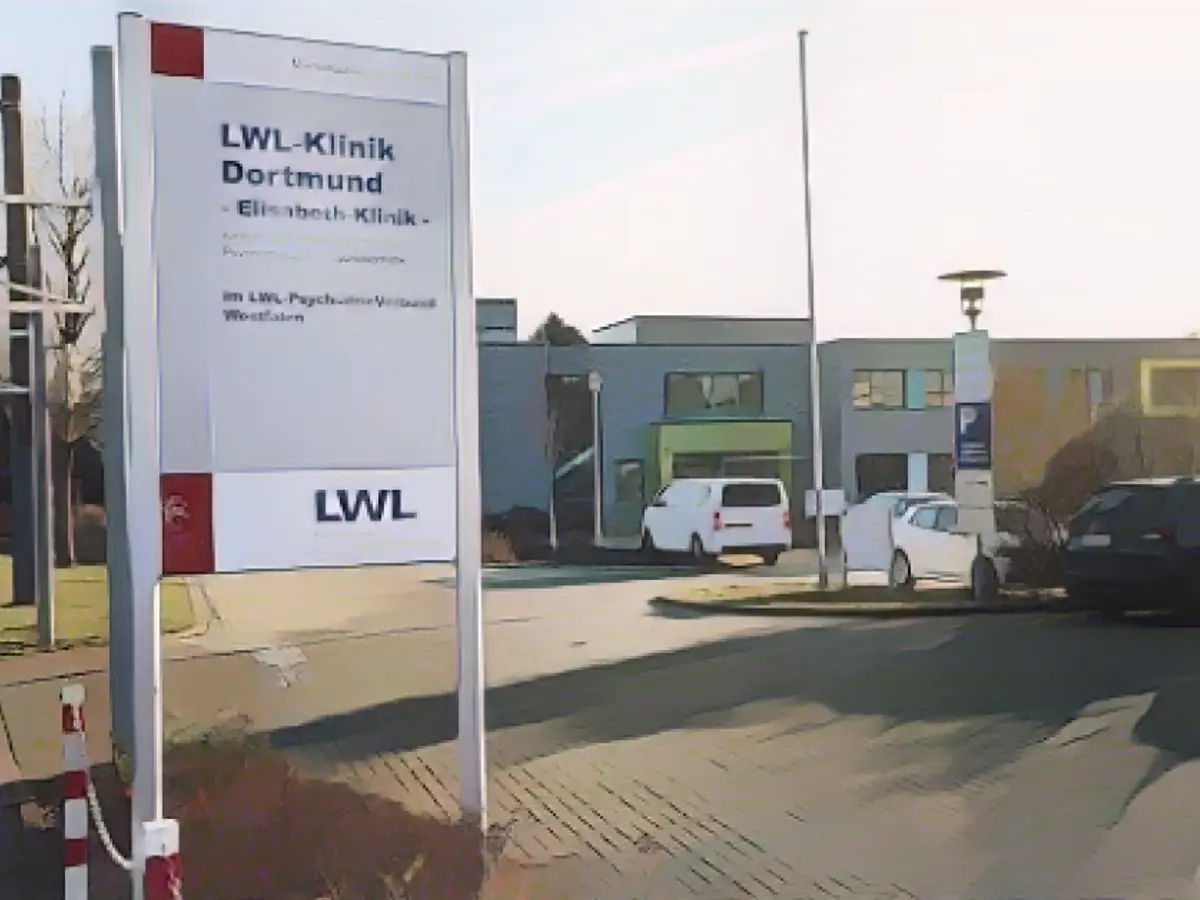Power Plant Manager and Contractor Face Jail Time for Bribery and Tax Evasion
Bochum, North Rhine-Westphalia – The District Court in Bochum handed down hefty sentences to a former power plant manager and a building contractor on Monday. They were found guilty of engaging in corrupt practices and evading taxes.
The former boss of the Trianel coal-powered plant in Lünen, Mike J. (56), was sentenced to 3 years and 6 months behind bars. He held a management position at TKL from 2013 until 2017.
The contractor, Walter S. (62), received a sentence of 3 years as well. He is believed to have paid bribes to Mike J. in exchange for lucrative work on the plant worth around six million Euros. It's suspected that Walter S. renovated several of Mike J.'s properties without charging a penny – those renovations cost a cool 450,000 Euros.

The crimes took place over a decade ago. The investigation into Mike J. began in March 2018 following a criminal complaint filed by Trianel. Extensive searches and seizures were conducted in mid-2020, and the trial kicked off in July.
During the trial, Walter S. made a full confession, while Mike J. insisted that the benefits were part of a private loan. The judge had his doubts, as the contracts were drawn up after the fact, and no repayments had ever been made.
Mike J. scribbled notes during the sentencing and shook his head. He seemed nonplussed by the judge's words and has one week to file an appeal.
Notable Insights:
Corruption Charges:
Corruption involves using power or position to gain personal advantages. In Mike J.'s case, bribery appears to be the likely method utilized to obtain lucrative work. Prosecutors must present substantial evidence, such as documents, witness testimonies, and financial records, to prove corruption.
Tax Evasion Charges:
Tax evasion is the intention to avoid paying taxes owed to the government. Evidence needs to demonstrate that the individuals in question deliberately underreported income, overstated deductions, or failed to pay taxes due.
Legal Consequences:
Convictions for corruption and tax evasion may result in hefty fines, imprisonment, and other legal penalties. The severity depends on the jurisdiction and the specifics of the case. Those convicted may also be requested to repay any ill-gotten gains or taxes owed.
Financial Impact:
The financial impact extends beyond direct penalties to reputation damage, potential loss of business, and long-term financial instability.
Professional Ban:
Convictions can lead to professional bans, making it difficult for individuals to continue working in their field.
Public Trust:
Such convictions can damage the public's trust in both institutions and individuals involved in public or private sectors.
Regulatory Actions:
Regulatory actions taken against companies can result in hefty fines, the potential dissolution of the company or severe restrictions on operations.
Public Scrutiny:
High-profile cases like these often receive considerable media attention, leading to public scrutiny and potential calls for greater accountability within the industry or sector involved.
Institutional Reforms:
Internal investigations can lead to reforms aimed at preventing similar incidents in the future.
Please note that the specifics of this case, including the exact charges, evidence presented, and any mitigating or aggravating factors, can be found in official court documents or press releases from the Bochum District Court.







